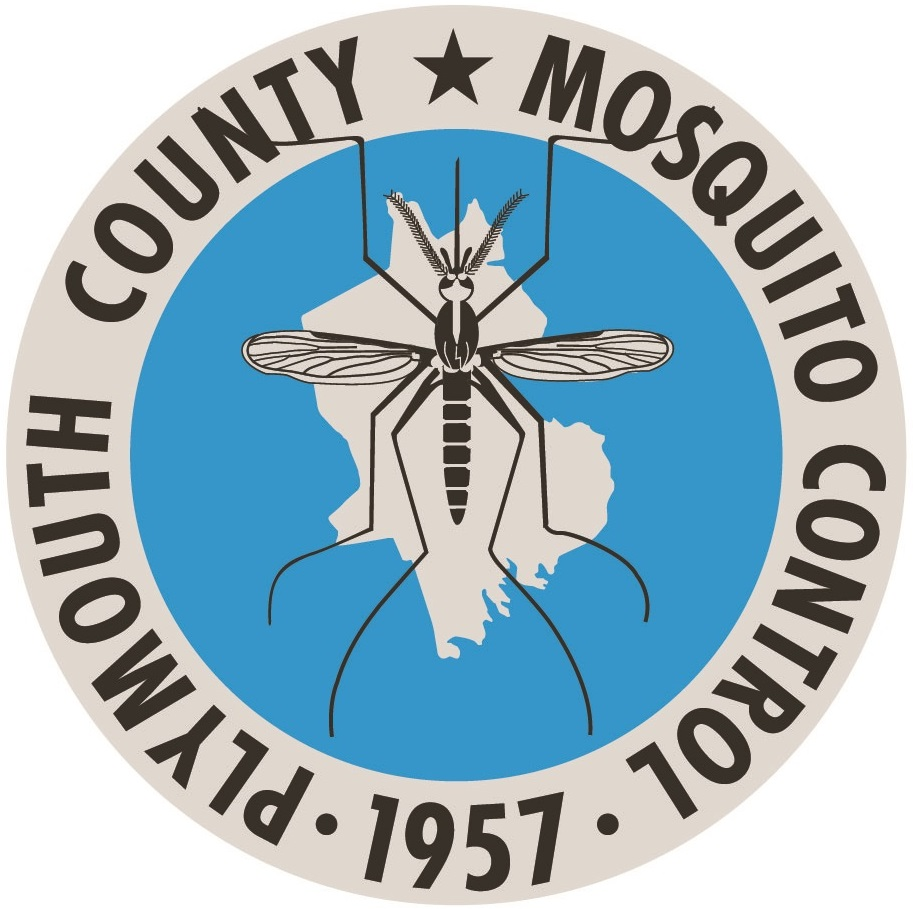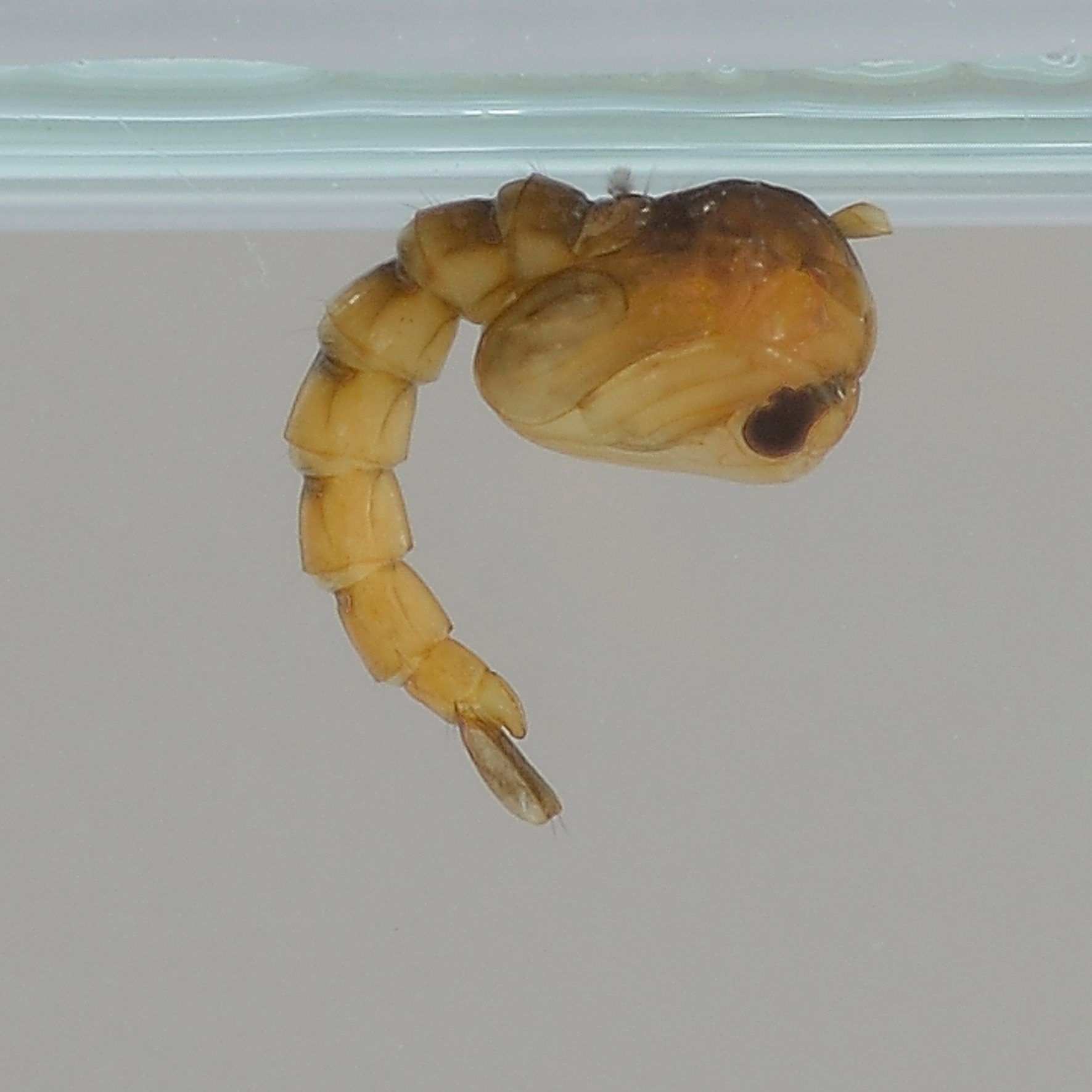Life Cycle

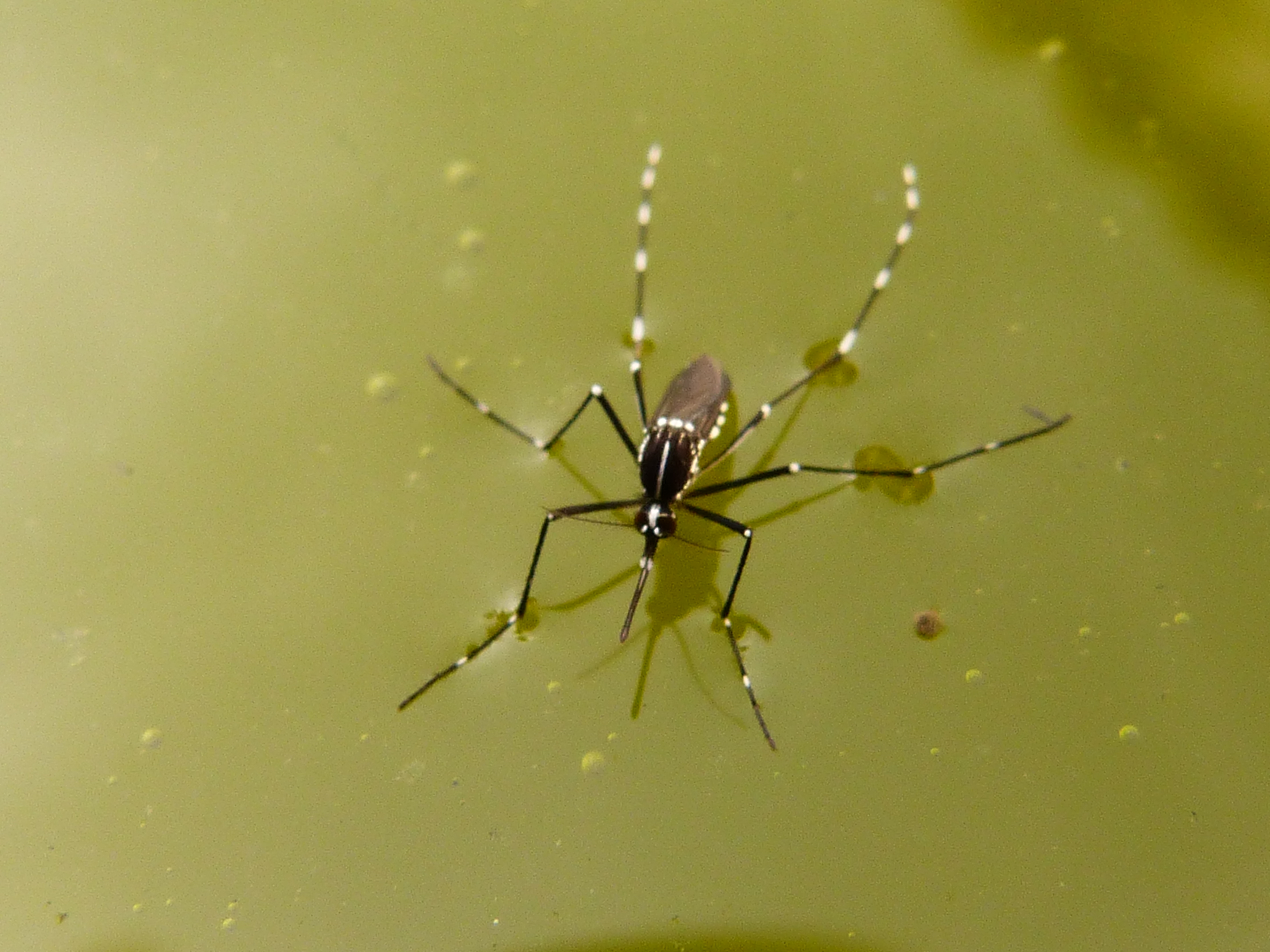
There are approximately 2,700 species of mosquitoes world wide. Fortunately, only 52 species are found in Massachusetts. Mosquitoes have the following life stages: egg, larva, pupa, and adult.
Adults:
Most female mosquitoes need the nutrition from blood to develop their eggs.
Not all mosquito species bite humans and other mammals. Some mosquitoes prefer to blood feed on birds, reptiles and amphibians and others do not blood feed.
Males feed only on nectar.

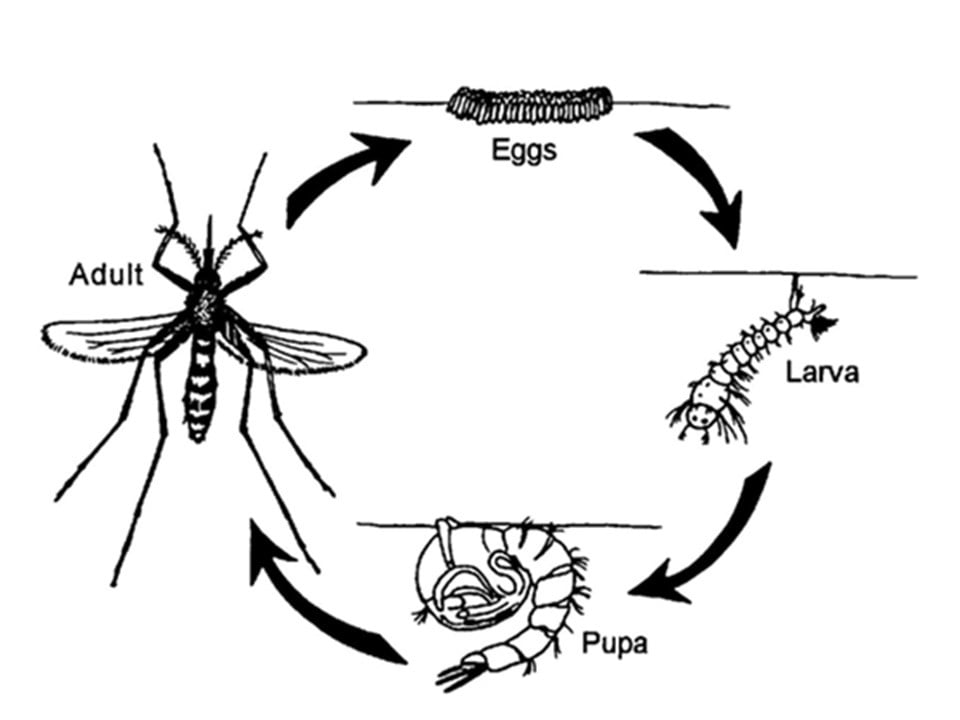
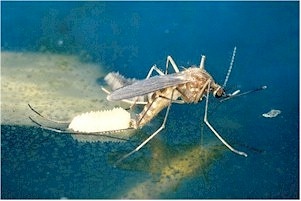
Eggs
- After a blood meal it takes several days for the female to develop her eggs.
- Eggs can be deposited either on the surface of the water or on the edge of the water.
- Eggs are deposited in stagnant water such as in containers, wetlands or flood plains.
- Hatching may occur after a few days. It may also be triggered by environmental factors such as day length or flooding.
- Most mosquito species overwinter in the egg stage.
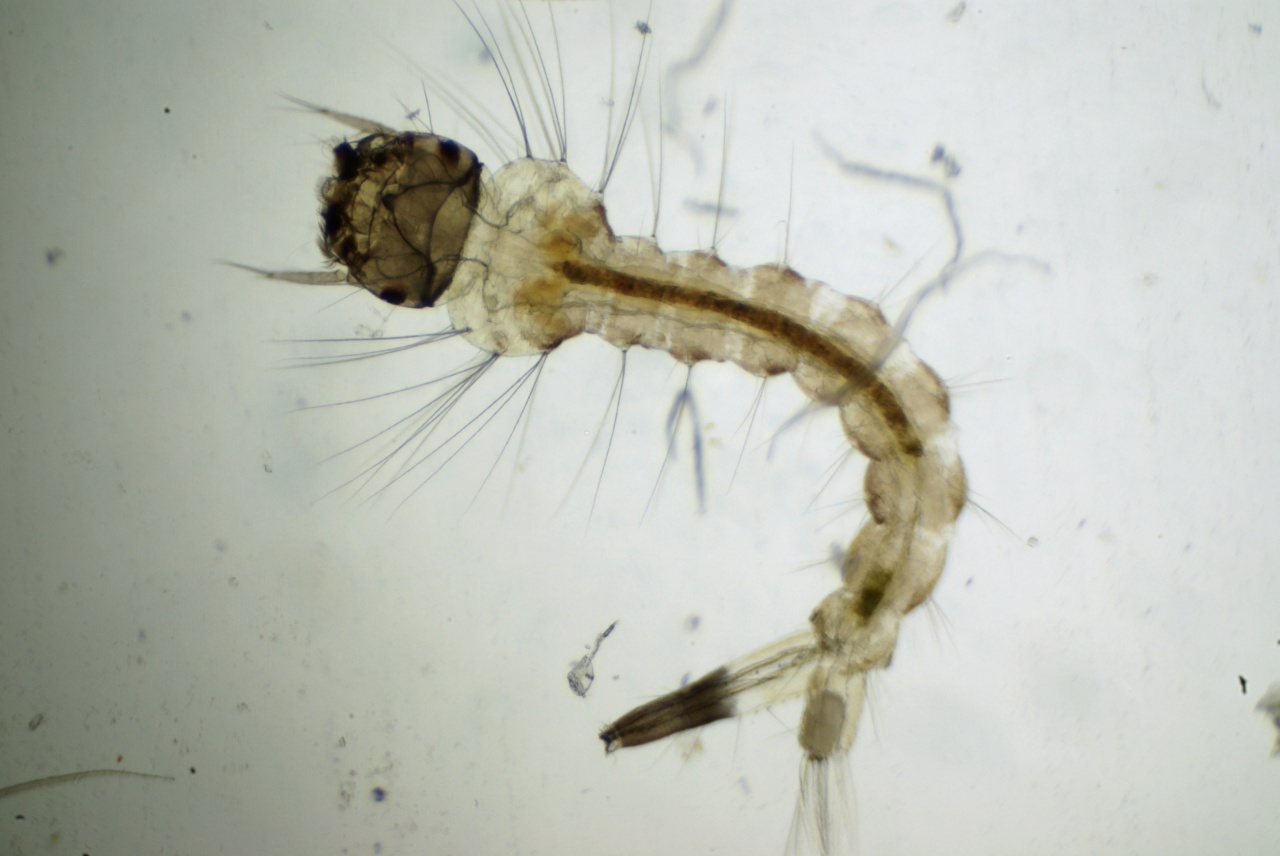
Larva
- All larvae live in stagnant water.
- Larvae filter feed on organic material in the water.
- Obtain oxygen from the air using their siphon. The siphon is located at the tail end of the larva.
- All mosquito larva go through 4 distinct growth stages called instars. Each instar is bigger than the previous instar.
- Depending on the species the larval stage can last 1-2 weeks or most of a year.
